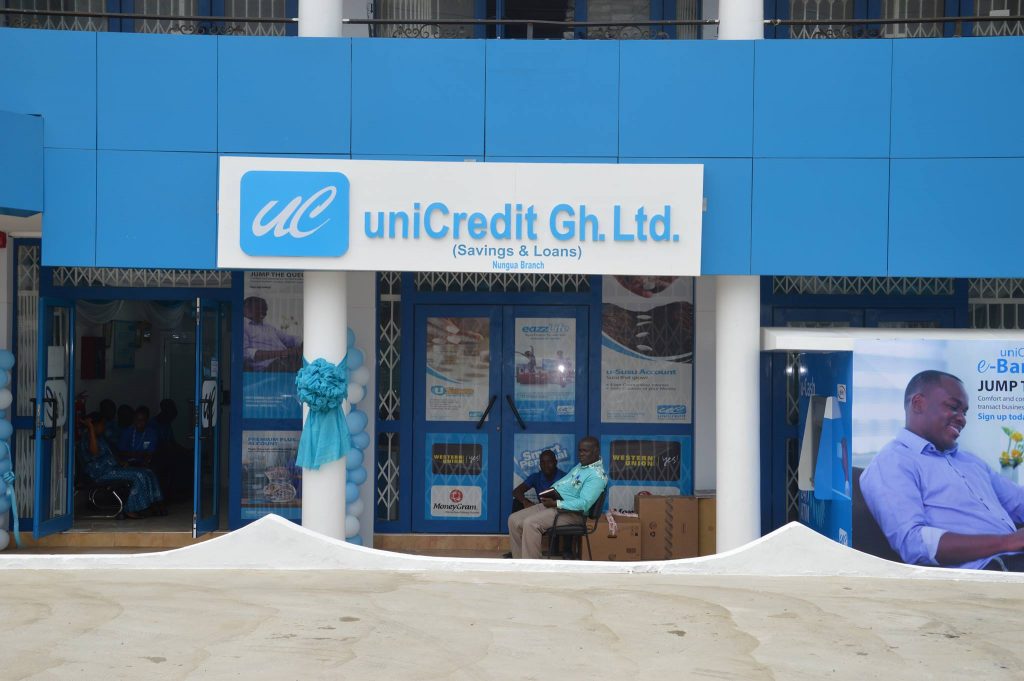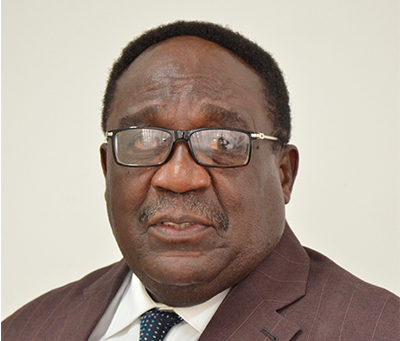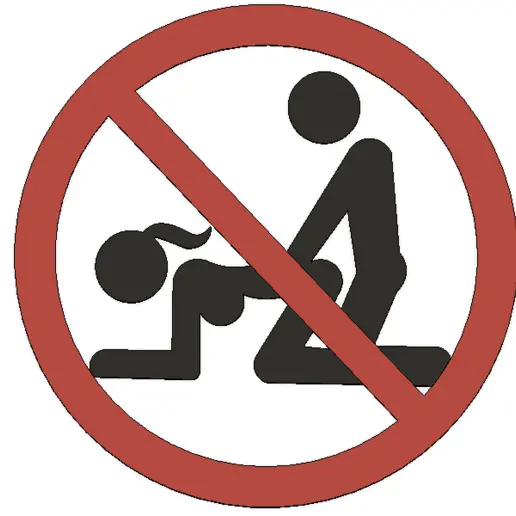Ghana’s producer price inflation fell to 3.1 percent year-on-year in January from a revised 4.8 percent the month before as the impact of fuel prices rises a year ago was reduced, the statistics office said on Wednesday.
It is a far cry from the more than 48 percent seen less than three years ago, but the fall was mainly in manufacturing rather than mining, where gold is one of Ghana’s top three foreign exchange earners. Mining and quarrying inflation stood at 18.6 percent in January compared with 15.6 percent in December. Manufacturing was 2.4 percent in January versus 5.4 a month before while utilities were 6.8 percent as against 7.0 percent in December.
Ghanaian President Nana Akufo-Addo said on Tuesday the economy was in poor shape and promised to press on with his agenda, which includes restoring fiscal stability, creating jobs, promoting business, cutting taxes and fighting corruption. The government, which took power on Jan. 7, inherited a $918 million International Monetary Fund deal that aims to reduce public debt, the budget deficit and inflation. Akufo-Addo said the three-year programme that began in April 2015 has failed to reach its objectives. Inflation remained above target in 2016 and stood at 13.3 percent in January. It is expected to fall quickly in the early months of this year as the effect of a reduction of fuel and utility subsidies, which raised prices roughly a year ago, passes through the system.
(Reporting by Kwasi Kpodo; Editing by Matthew Mpoke Bigg/Jeremy Gaunt) ((kwasi.kpodo@thomsonreuters.com; +233)(244696990;
Reuters Messaging: kwasi.kpodo.thomsonreuters.com@reuters.net))





















